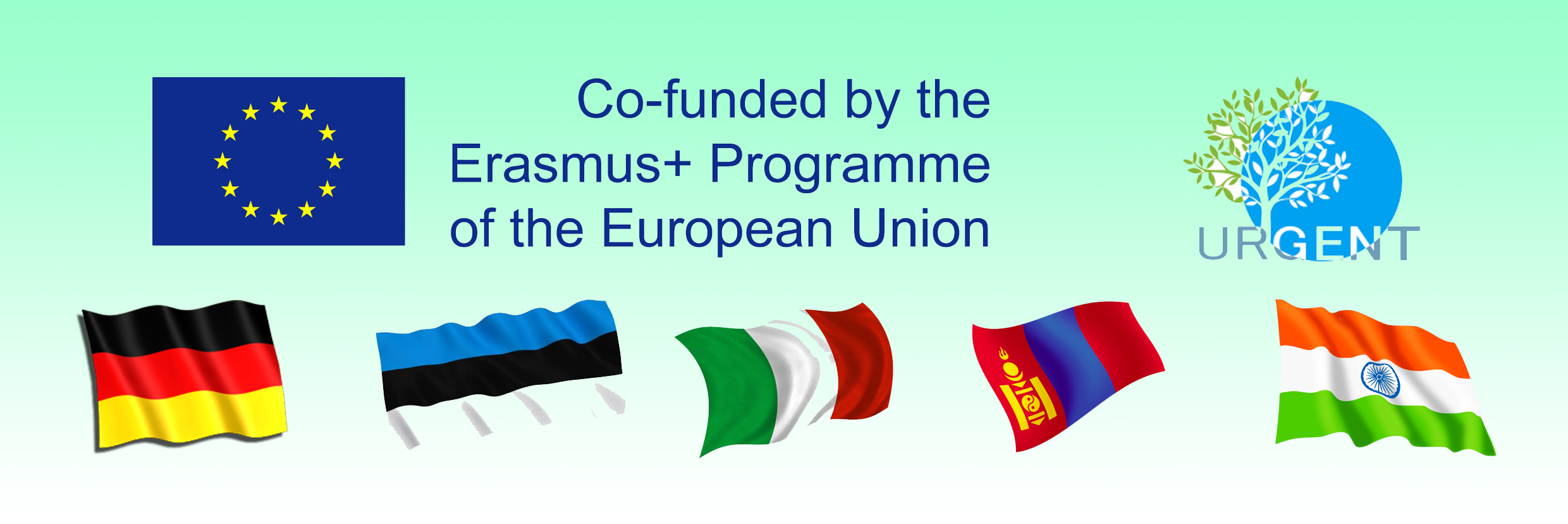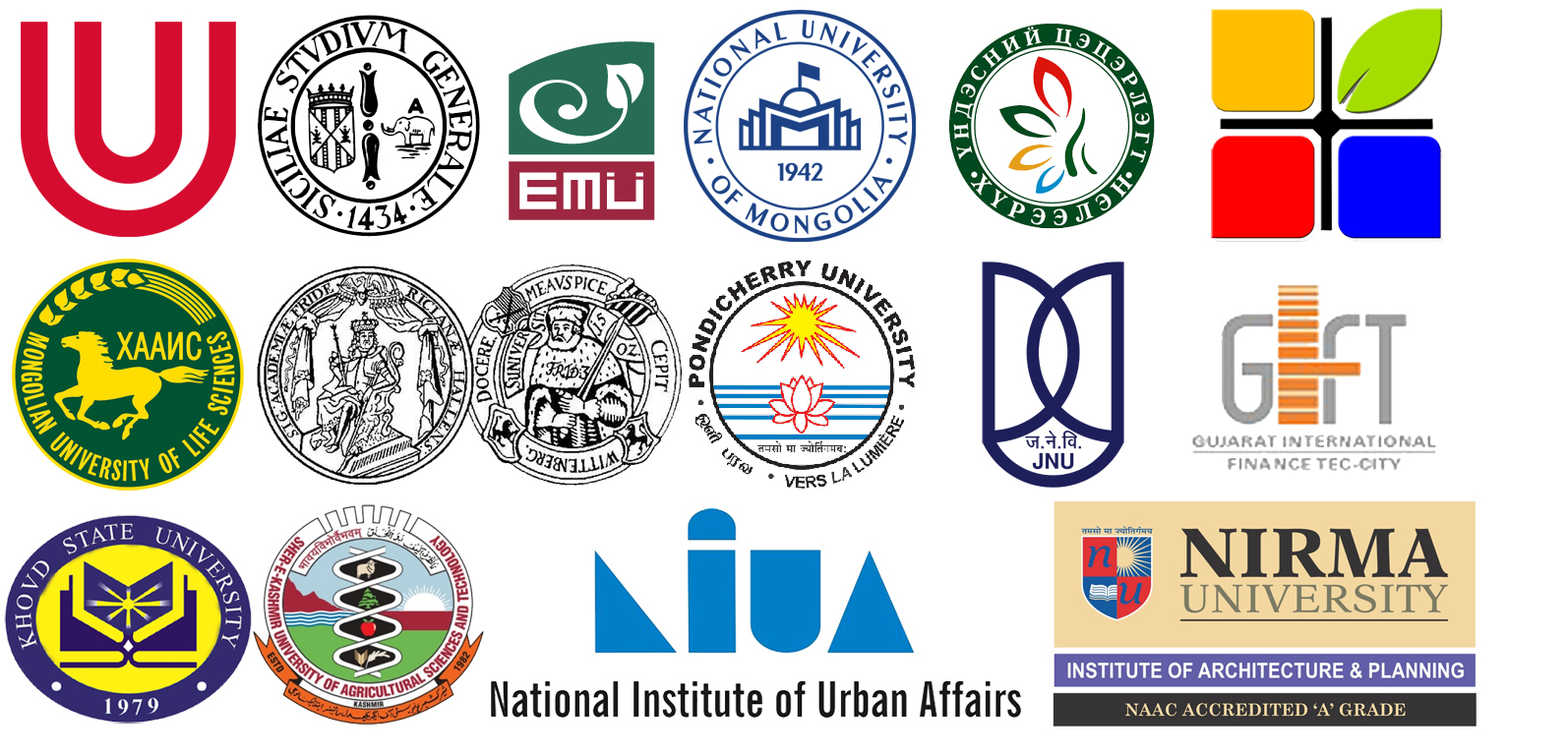A third of India’s population is currently living in cities and contributes to 63% of the national GDP. Based on the current trend it is projected that within this decade (by 2030) India’s urban population will increase by 590 million and its GDP contribution will increase to 75%. Cities, in addition to addressing the urbanization challenges, are increasingly tackling extreme events like flooding, heat waves and cyclones. According to the IPCC 1.5°C Special Report, India is projected to experience more cyclones with high-intensity storms and has a higher risk due to extreme rainfall and annually occurring heat waves. The increasing pace of urbanization and associated challenges aggravate cities’ vulnerability to impacts from risks like floods, cyclones, disease outbreaks, and heat waves. There is a pressing need to embed climate actions at the heart of urban discourse and as cities grow, urban governance and planning systems must be strengthened to ensure cities reach their maximum potential despite climate-related challenges. Applying a climate lens to academia will safeguard the interest of citizens and urban investments, and pave the way for a forward-looking, climate-proof, inclusive and integrated urban transformation in India.
With an intent to enrich Indian research on urban resilience, the Indian National Stakeholder Interactive Platform (SIP) is established by the National Institute of Urban Affairs (P15) as one of the strategic partners (as non-academic) of the URGENT project.
Objectives
The organisational structure and development objectives of the SIP India are summarised here.
List of Stakeholders
| SL. No. | Name of Stakeholder | Description | Agreements/ LoI |
|
1. |
Universal Eco Foundation, Puducherry, India | Universal Eco Foundation (UEF) is a non-governmental organization actively involved in the conservation of biodiversity in the Country mostly in Puducherry, Tamil Nadu, Andhra Pradesh & Telangana states. It was established with a team of eminent Biodiversity Professionals, Conservationists, snake rescue specialists, field botanists, environmental education trainers, marine conservation specialists, GIS & GPS specialists, curriculum (environmental education) developers, wildlife documentation specialists and Sociologist as Trustees and registered as the Trust under Indian Trust Act 1882 at Sub- Register office, Puducherry, hereafter referred to as “UEF”. | |
|
2. |
Indian Geoinformatics Centre, Chennai, India | Indian Geoinformatics Centre is a services provider in technologies of RTK GNSS, Satellite & Drone Image Processing and GIS for its clients in domains of urban planning, watershed management, crop health assessment, forest and land surveys. | |
| 3. | The Regional Research Station, ICAR Indian Grassland and Fodder Research Institute (IGFRI), Jammu & Kashmir, India | IGFRI is mandated to work on temperate and sub-temperate high-yielding and nutritive forage germplasm. The institute strives to develop technologies for improving grassland agro-resource management practices to sustain livelihood and the Himalayan environment. | Link |
| 4. | National Agriculture Development Cooperative Ltd. (NADCL), Jammu & Kashmir, India | NADCL is primarily works to serve as a bridge for communication between agriculture scientists, extension workers and farmers with a view to maintaining a record of the problems faced by the farming community and the same problem is given as an assignment to the agriculture scientists to find the solutions. | Link |
| 5. | The Innovative Institute for Natural Resources Environment and Community (TIINEC), New Delhi, India | TIINEC provides services in regard to the changes occurring in climate, environment and natural resources using geospatial technologies and information technology, etc. focus on creating environmental and social value through their restorative operational practices, their client tail and engagements, and products and services being offered so as to contribute to sustainable development. | Link |
| 6. | ARMS 4 AI Private Limited, New Delhi, India | ARMS 4 AI Private Limited specializes in building tailored AI based Geospatial solutions by leveraging multi-disciplinary Geospatial Technologies to develop cutting-edge solutions, designed for strategic impact, decision and intelligence. a single window online platform/desktop solution with powerful image analysis solutions based on deep learning and machine learning. | Link |
| 7. | Kesarjan Building Centre Pvt Ltd. , India | Kesarjan Building Centre Pvt Ltd. Is engaged in manufacturing building products from construction and demolition waste as well as other industrial waste. Kesarjan has revive traditional lime mortar in dry from, which is more appropriate for masonry. Also involve in training and popularizing alternative construction technologies. | Link |
| 8. | Vastu Shilpa Sangath LLP, | Vastu Shilpa Sangath LLP, is an award winning, multidisciplinary design practice with diverse portfolio offering professional consulting services in Architecture, Engineering, Planning, Urban Design, Landscape, Sustainability, Interiors, Research and Art. | Link |
Yours sincerely,
The URGENT team

